Student anxiety levels rise during the pandemic
Here is what you can do about it.
Meghan Taylor (10) spends time in nature to reset her anxiety. Spending time in nature and exercising are both things that can bring people relief for their anxiety.
February 2, 2022
Everyone can agree, it’s not easy being a teenager. Especially when you’re living through a global pandemic.
Unhealthy levels of anxiety, in particular, seem to be on the rise. According to the CDC, three times as many people reported symptoms of anxiety disorder in 2020 than in 2019.
“Your teenage years are hard in any circumstances,” sophomore Meghan Taylor said. “Ever since middle school, I’ve had a lot of stress issues related to school and health; but I never really experienced much anxiety or stress before the pandemic. The pandemic has definitely brought up my levels of stress and worry.”
Connection with other people is crucial to keeping anxiety at bay, which is difficult when trying to follow COVID precautions.
“Having teenagers be able to turn to their friends and to teachers is vital. The pandemic causes less interaction with people, which is incredibly harmful. All those things you’d usually talk to others about get bottled up and that can be very stressful,” Taylor said.
She’s not the only one feeling this way.
Maggie Ellias, who serves as school social worker for the middle school and high school, has seen this rise in anxiety at both schools. “I would say there’s been a lot more this year,” Ellias said.
It makes sense, considering how uncertain these times are.
“Anxiety is a response to stimuli in our environment, and it is sparked whenever you feel like you’re out of control and things are uncertain,” English teacher and Trauma-Informed Practitioner Jessica Moen said. “Anxiety is that fear of what’s going to happen in the future and felt sense that you don’t have any control over it, which has been amplified by the pandemic; so it makes complete logical and emotional sense that everybody, not just students, but everybody’s anxiety is increased.”
Be compassionate to yourself.
— Jessica Moen
It’s not just COVID that is causing the increase in anxiety, but the ramifications of it.
“The pandemic requirements of staying isolated have exposed underlying issues that were already within our society and our culture,” Moen said. “Through forced isolation, people, and not just students, people, everybody has lost some comfort in social engagement.”
So what is one to do about increased feelings of anxiety? Manitou’s mental health professionals and even Taylor have plenty of advice out there on managing anxiety.
“I would first remind people that your body is reacting to keep you safe and alive, so getting upset with yourself or feeling disappointed in your reactions is not helpful,” Moen said. “Be compassionate to yourself. Forgive yourself for whatever you expected yourself to behave as, and just accept where you are in that moment. And then to be curious. Curiosity is great, right? It leads to new understandings and new information about myself. So if I’m feeling anxious, what is it about my situation right now that’s making me feel anxious? How do I feel on the inside and outside when anxiety is creeping in? So first, self compassion. Second, to get curious to find out why and to learn more about my reactions. I can start to give myself some interventions that I know work, and then to play with those interventions.”
Make sure you have a good system of support, a group of friends you can talk to and ask questions to and an adult you trust. Another good thing is to make sure you have a routine you can use to reset
— Meghan Taylor
As far as what those interventions look like, it depends on the person. Taylor has some suggestions for fellow students.
“Make sure you have a good system of support, a group of friends you can talk to and ask questions to and an adult you trust. Another good thing is to make sure you have a routine you can use to reset,” Taylor said.
Some examples of those routines could be regular exercise, meditation, hobbies, or any form of self care that you enjoy.
Ellias asks any students who are struggling to feel free to contact her via email ([email protected]).
Anxiety doesn’t have to control your life. Managing it takes practice; and with consistent effort, it will get better. It’s important to remember that many people struggle with anxiety and positive change is possible.
“I hope that you’re doing well, and I promise things will get better soon,” Taylor said.
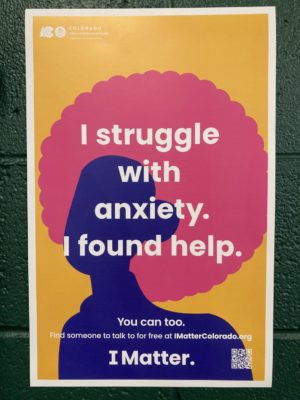

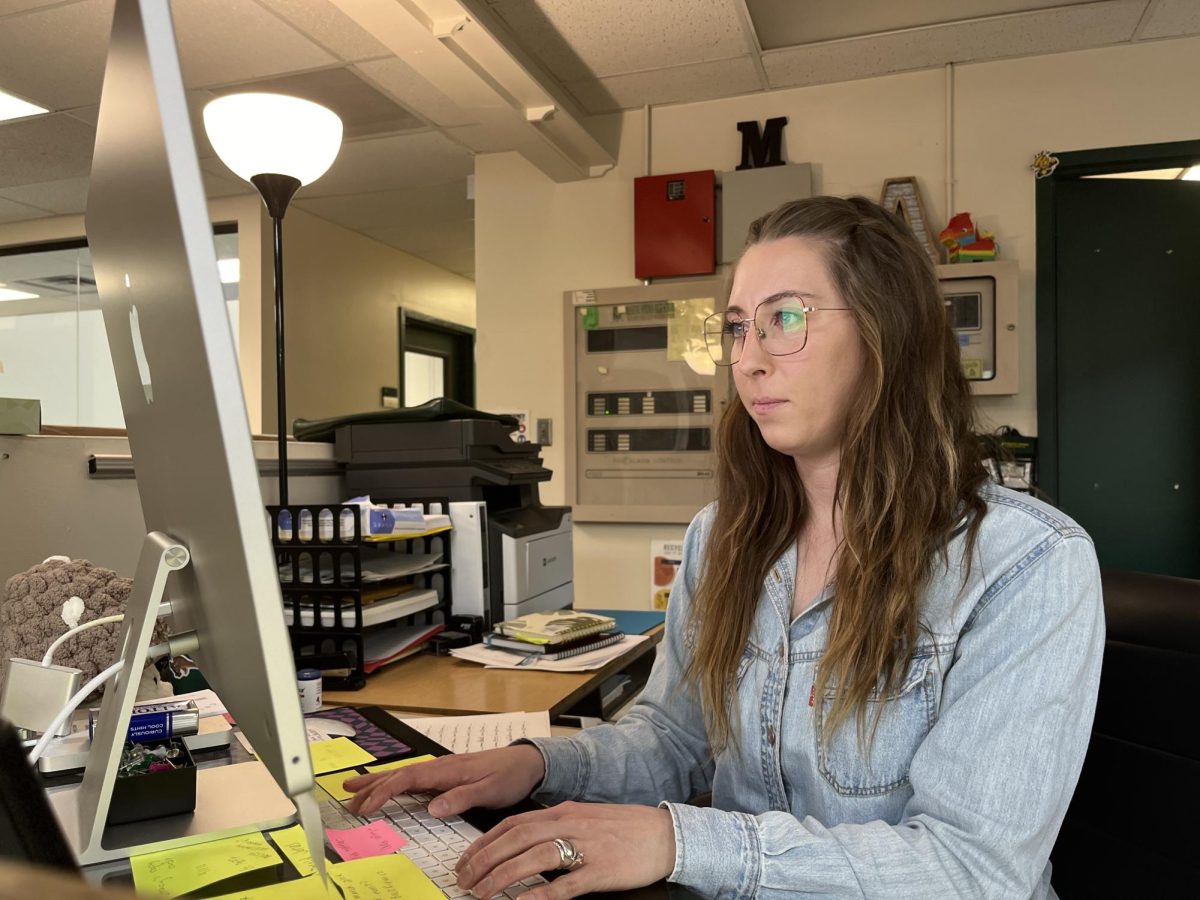

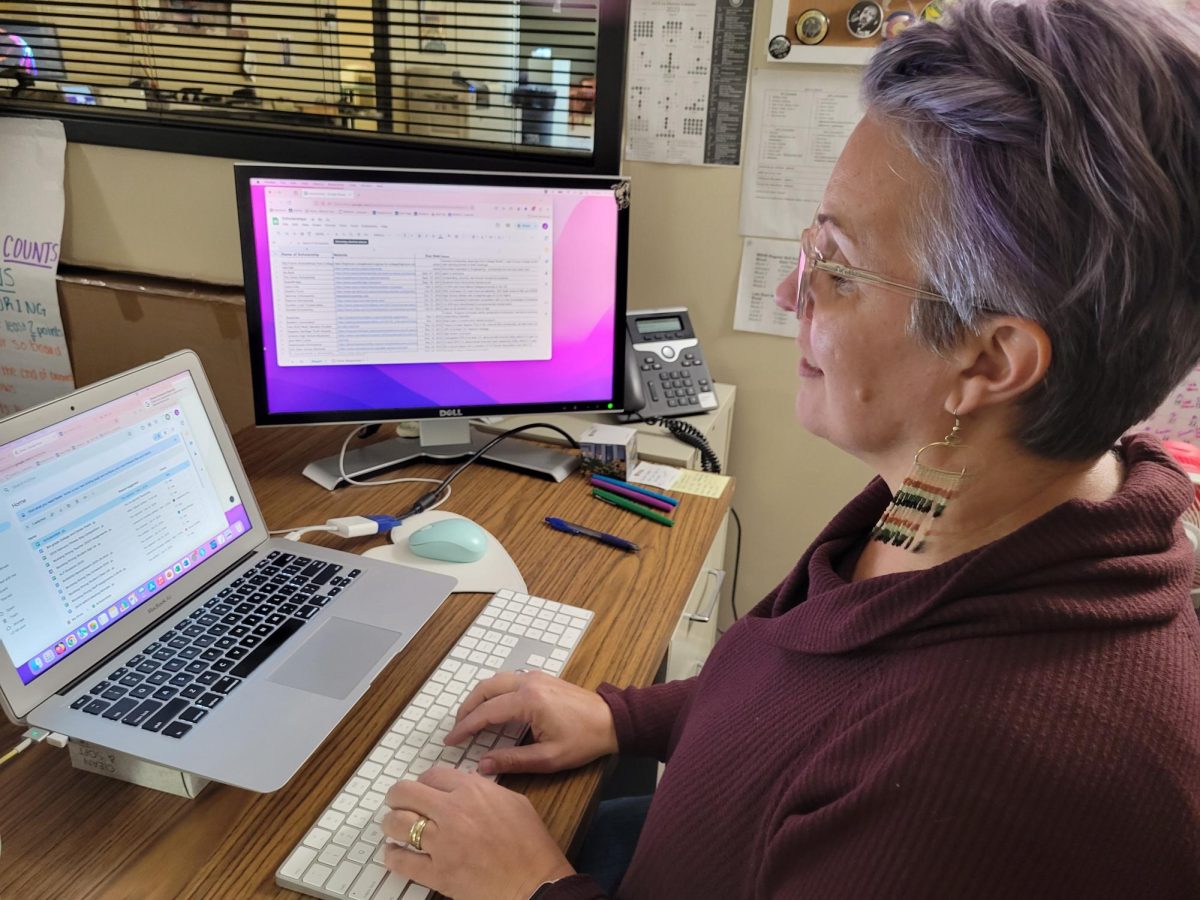
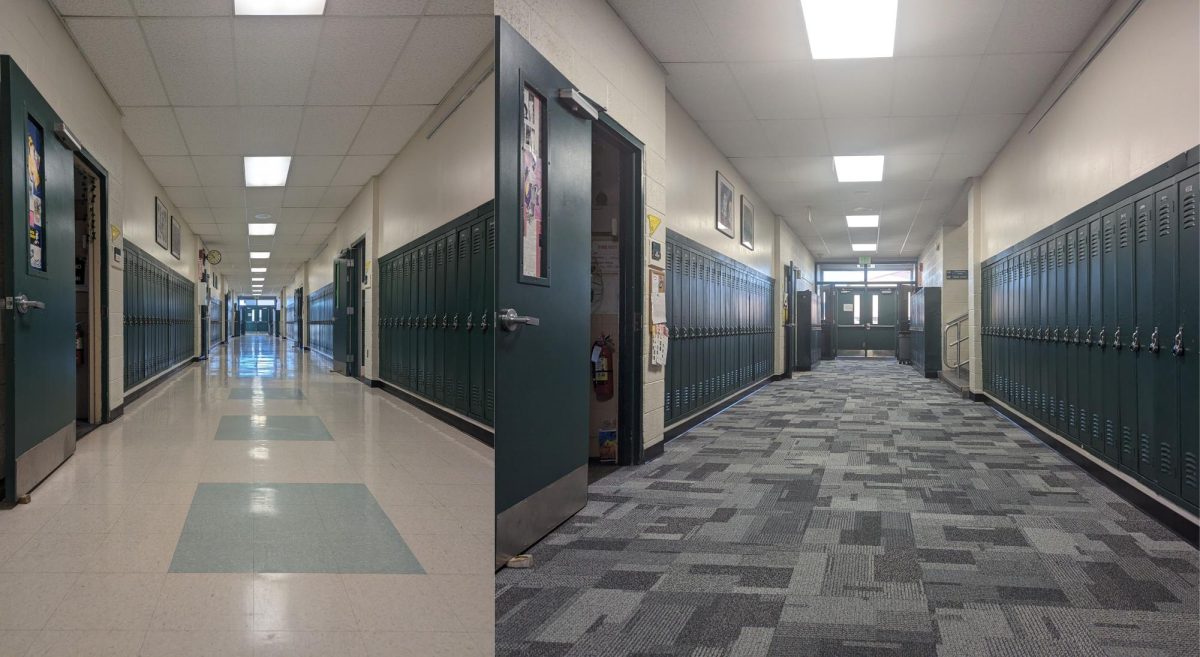
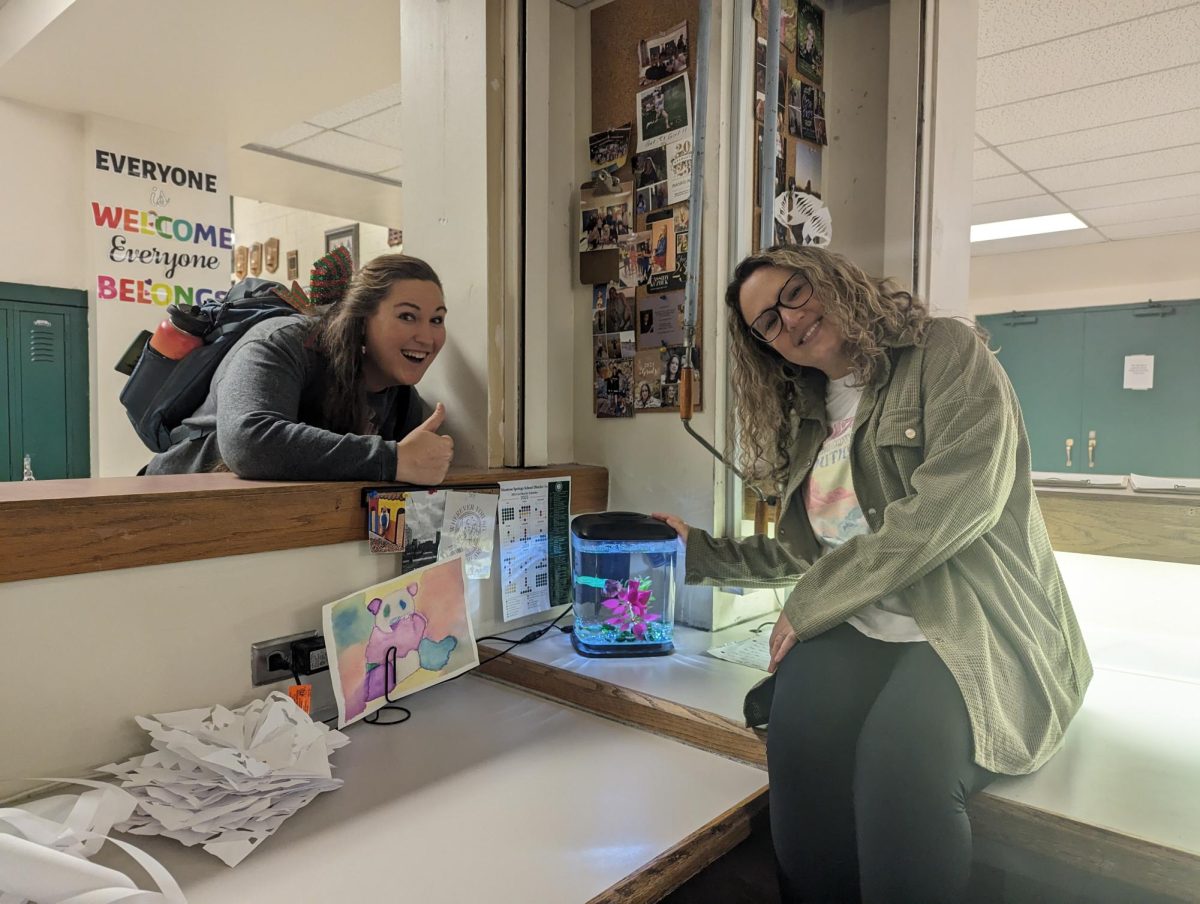

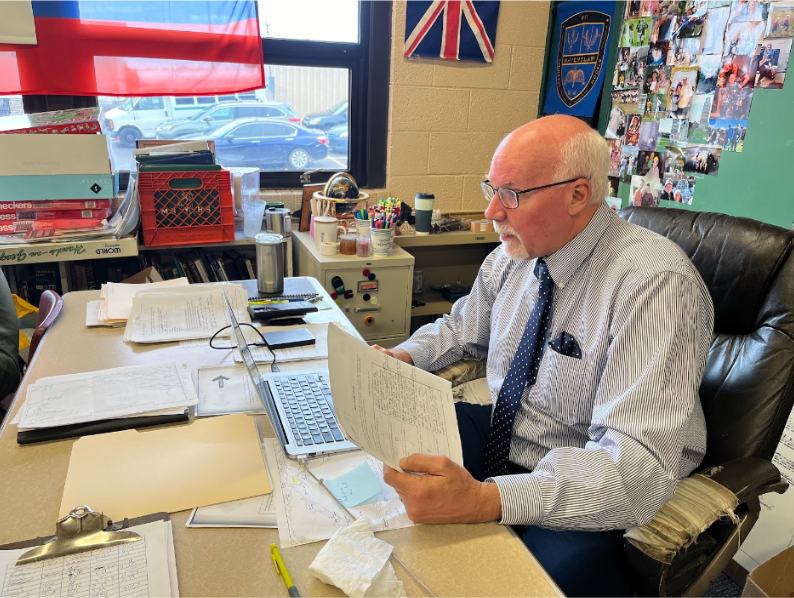


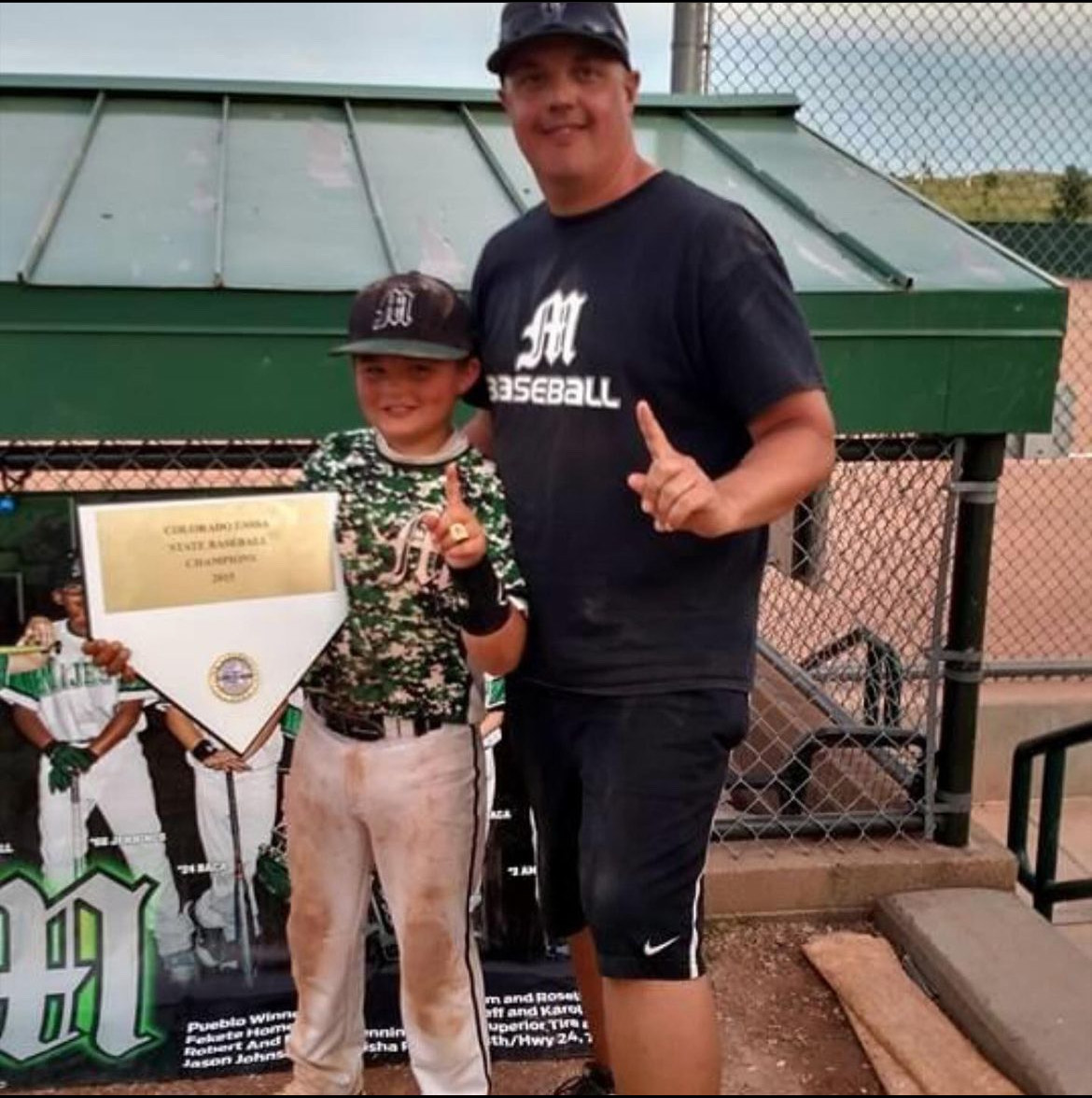
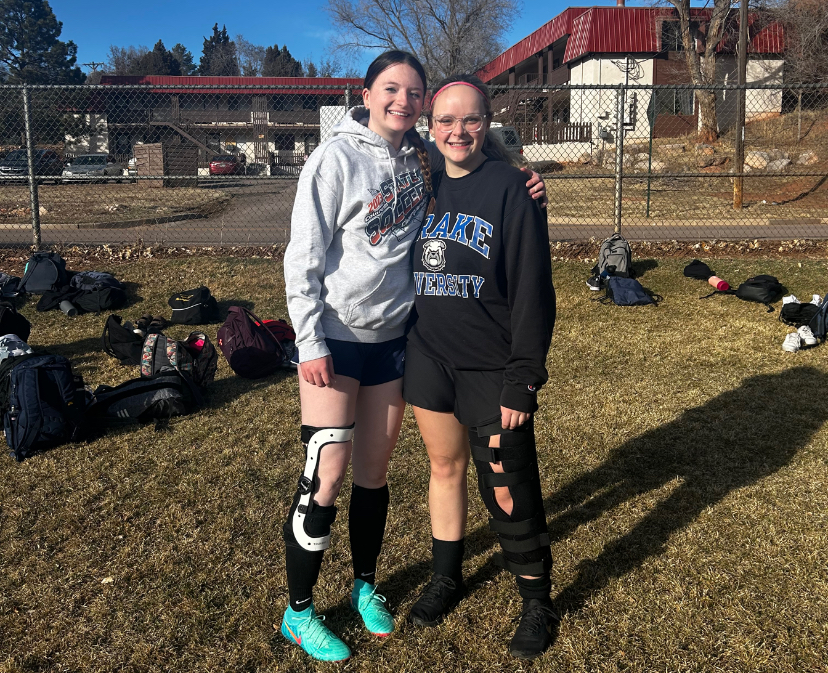




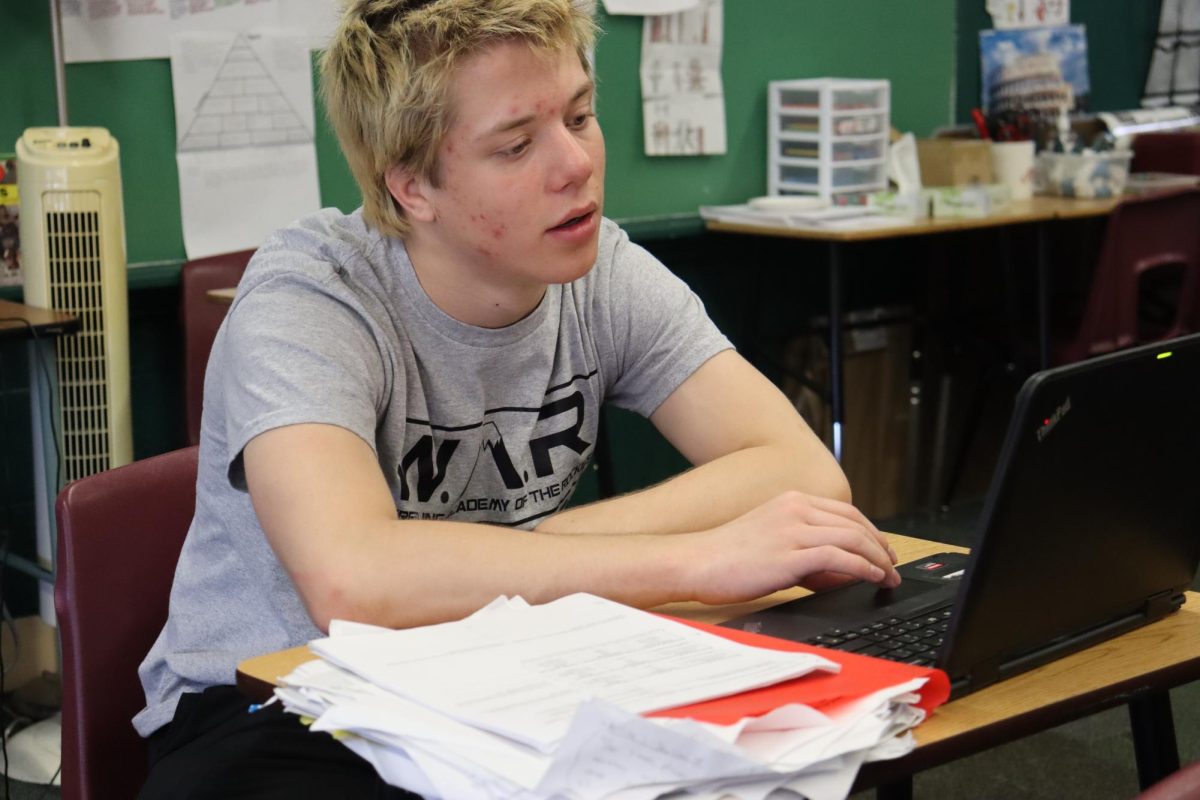




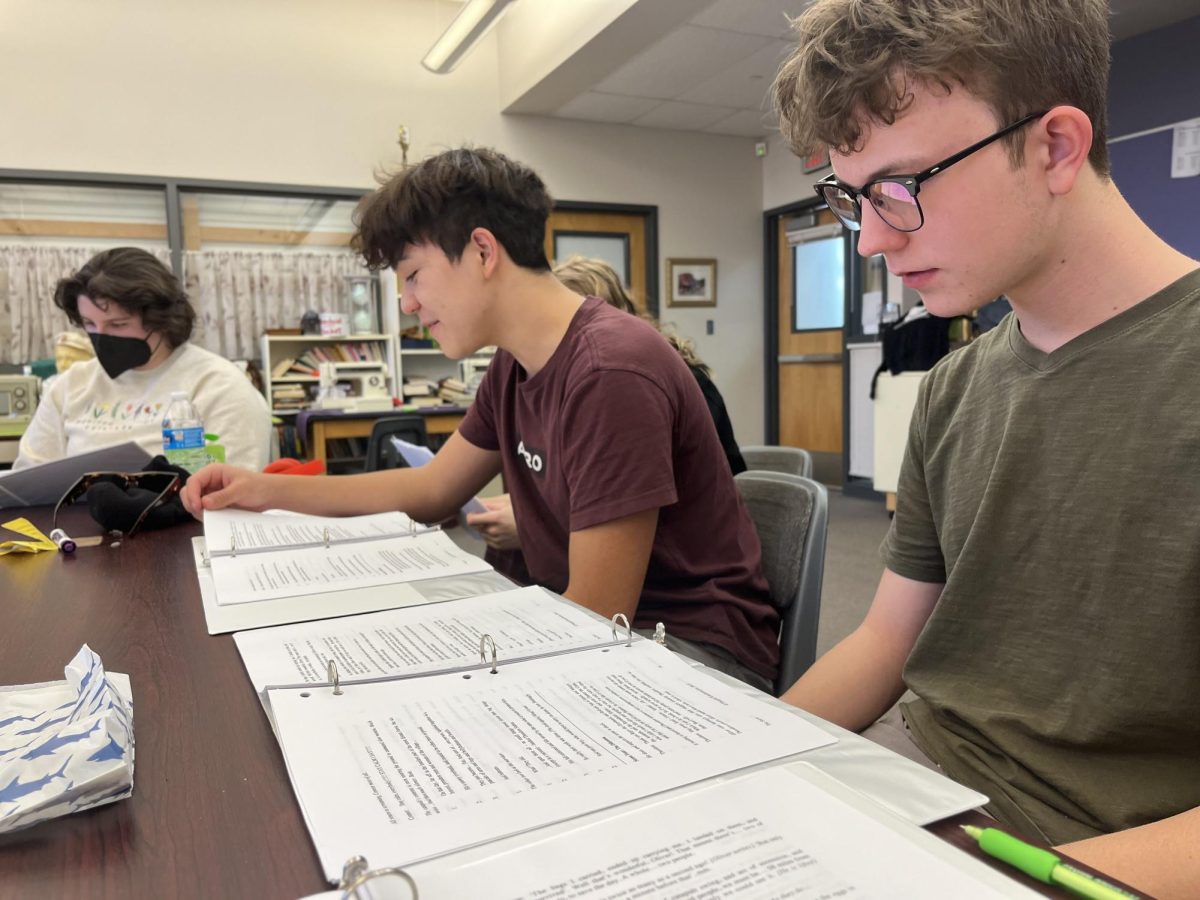












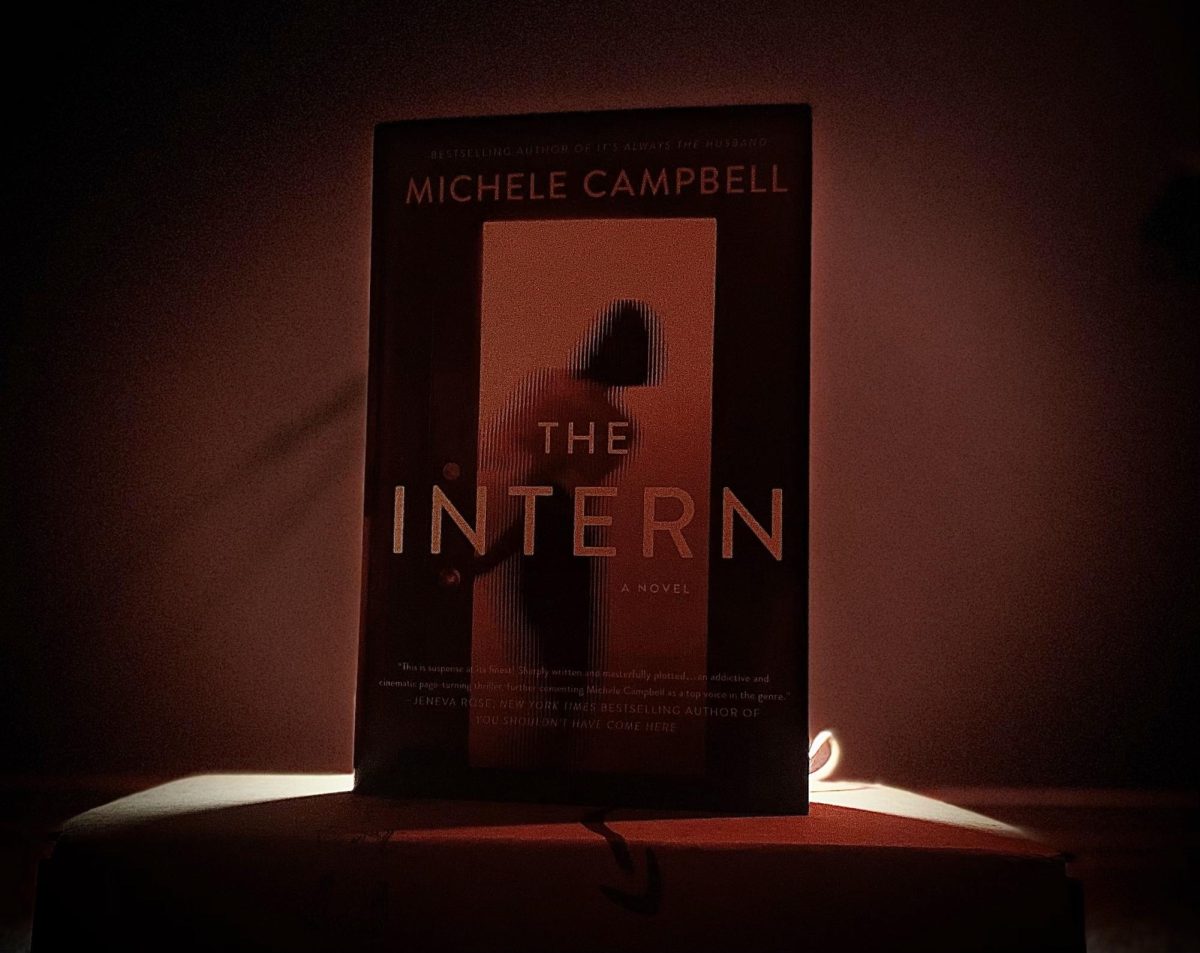


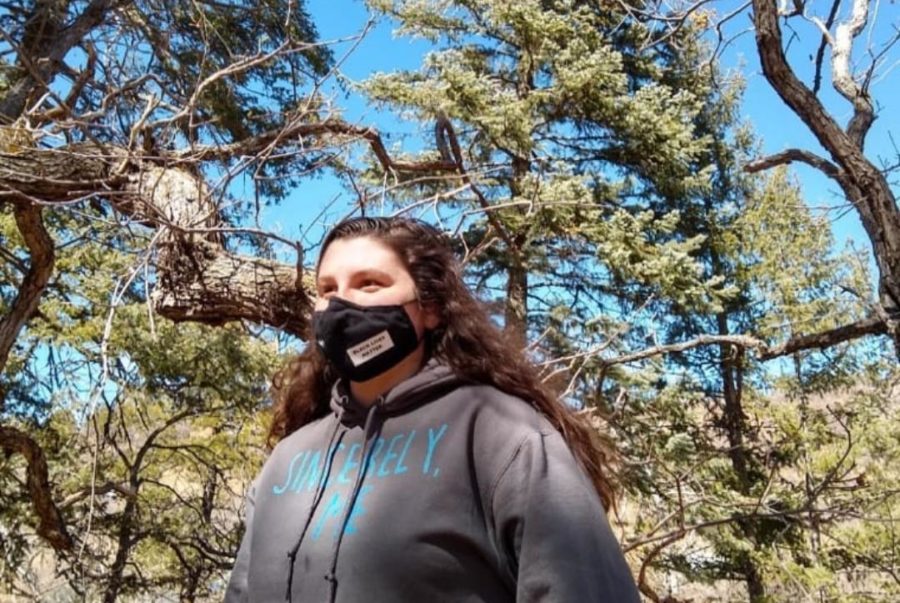











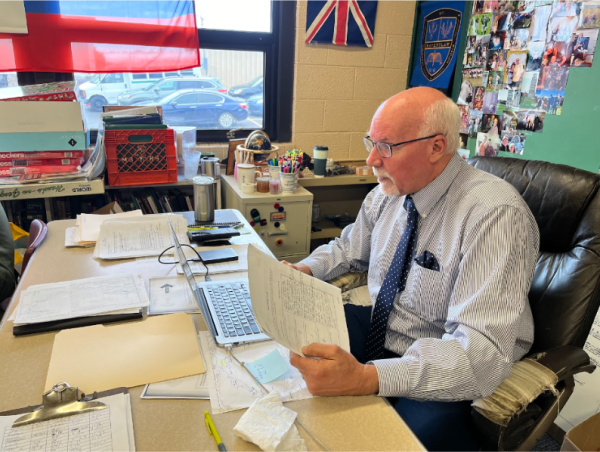
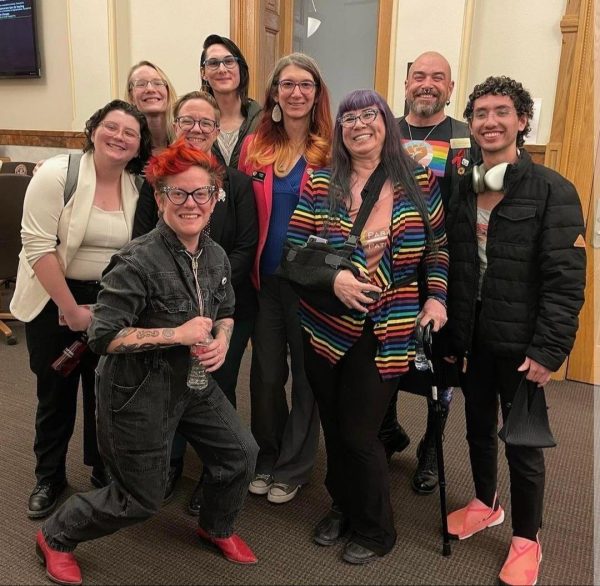

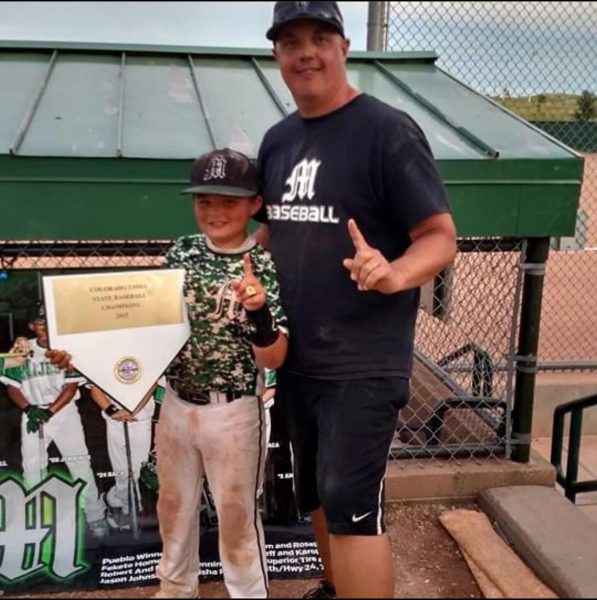

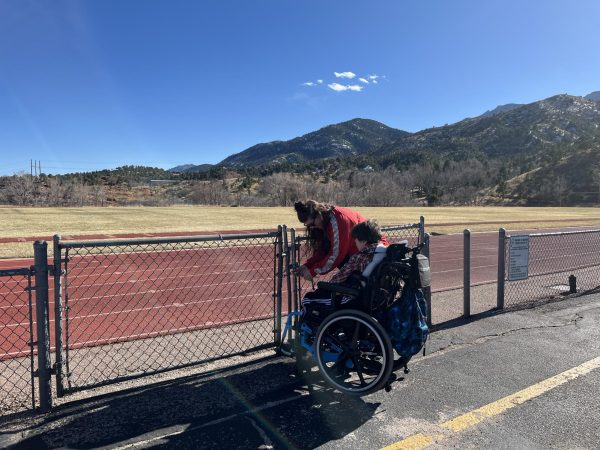

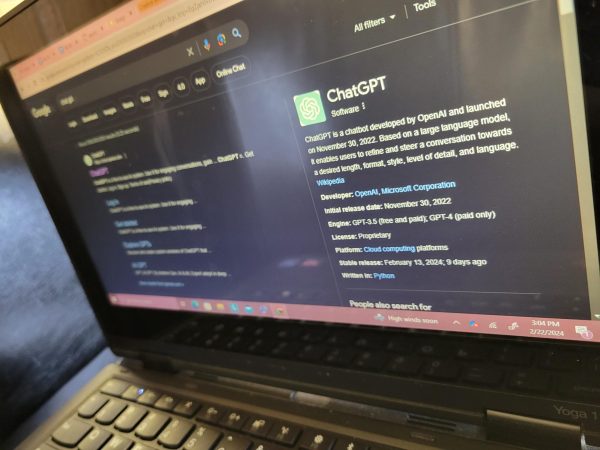

Rose Gordon • Mar 7, 2022 at 1:35 pm
This is a very good and informational article, Ethan! you can really tell that you did lots research . Stress and anxiety has been a big change for me and my friend group this year with covid and everything so it hits hard . The quotes from Dr. Moen and Megan really showed how people really feel and how the stress and anxiety have effected others. I loved seeing an article that looks at the students more than just sports. Good job with the writing and sharing a new light to The Prospector.
Sadie House (11) • Feb 25, 2022 at 8:57 am
This is a really great article, Ethan! The topic is well researched and well articulated. The reasons for the shared anxiety between students this year in particular reflects my own sentiments regarding the issue. The tips shared by Dr. Moen are very helpful to know in this stressful time. It is wonderful to see an article discussing and acknowledging anxiety in The Prospector. Good writing like this makes me happy to go to Manitou. Well done!